NowWeMOVE is a world-wide campaign to promote sport and physical activity and tackle the physical inactivity epidemic.
ISCA launched the NowWeMOVE campaign in 2012, with the aim of bringing the sport for all sector and a variety of other sectors together to tackle the physical inactivity epidemic world-wide. The campaign’s overall objectives are to raise awareness of the benefits of sport and physical activity among all citizens; promote opportunities to be active in sport and physical activity; and enable sustainable and innovative capacity building for providers of physical activity initiatives through open-source solutions and advocacy.
MOVE Agents are the stars of MOVE Week. They make MOVE Week happen. A MOVE Agent can be a grassroots sport organisation, club, school, university, voluntary group, company, municipality/city or individual who organises a sport and physical activity event for MOVE Week.
MOVE Week is an annual event and an integral part of the NowWeMOVE campaign. MOVE Week takes place in the last week of May each year. The objective of MOVE Week is to promote the benefits of being active and participating regularly in sport and physical activity.
Two thirds of Europe’s adult population do not meet the levels of physical activity recommended for their health and wellbeing (WHO Europe, 2008). That is why ISCA launched the NowWeMOVE campaign in 2012, with the aim of bringing the sport for all sector and a variety of other sectors together to tackle the physical inactivity epidemic across Europe.
When the NowWeMOVE campaign started in 2012, it established MOVE Week as its flagship event promoting the benefits of physical activity to citizens all around Europe. It called for MOVE Agents to organise events in their communities and register them on the official website to celebrate the collective impact they were having in their own countries and as a combined European movement.
The numbers were impressive: 250 MOVE Agents organised 120 events in 23 countries attracting 140,000 participants. In 2013 they were even better: 600 MOVE Agents, 1259 events, 30 countries and 500,000 participants. In 2014 they went through the roof: 2350 MOVE Agents, 5601 events, 38 countries and 1 million participants! In 2015 they went through the roof again: 2917 MOVE Agents, 7125 events, 38 countries and 1 804 930 participants!
MOVE Week has proven to be a valuable platform not only to raise awareness about physical activity, but also to advocate for change among policy makers and empower MOVE Agents in achieving better exposure and more support for their initiatives.
We are constantly building new initiatives like: No Elevators Day, Open Streets Day, NowWeBIKE, MOVEment Pills ... and more.
Learn more about all NowWeMOVE initiatives bellow.
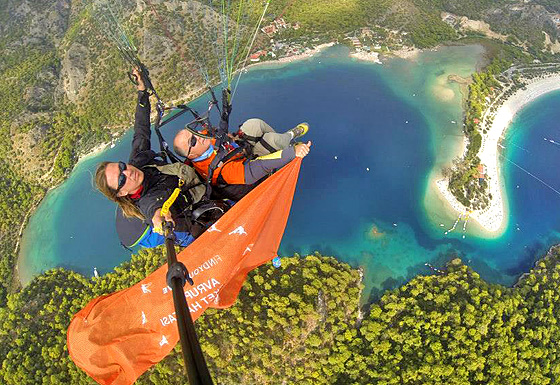
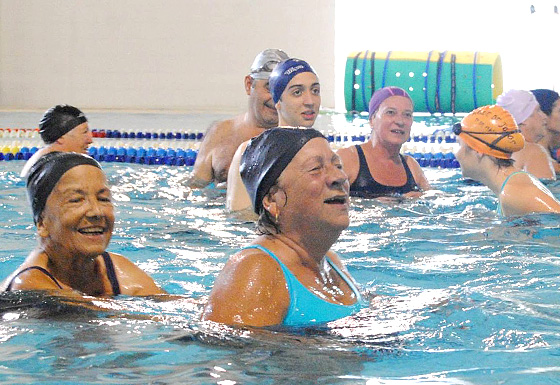
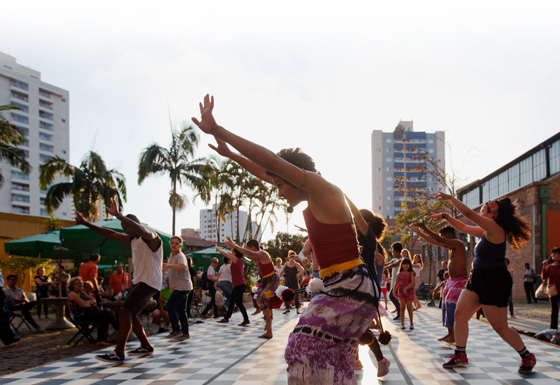
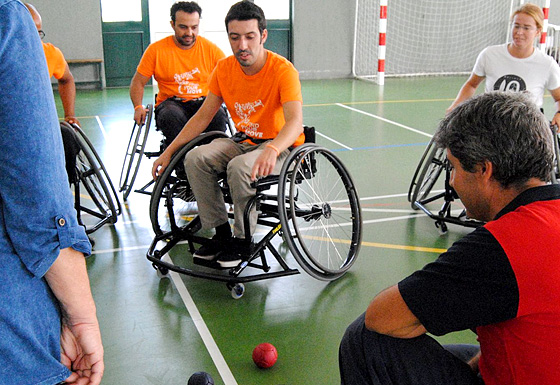
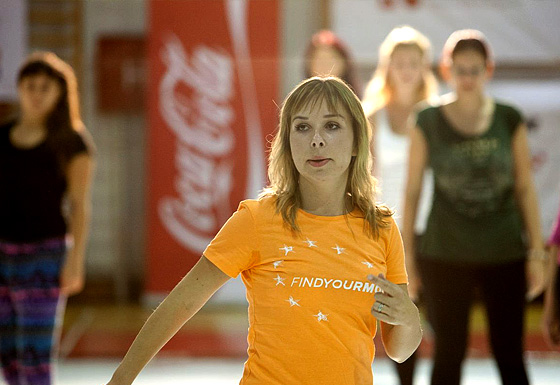
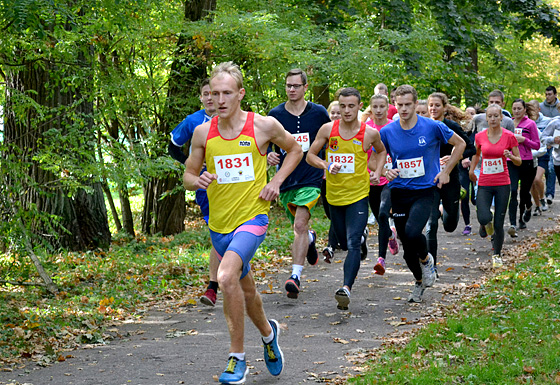
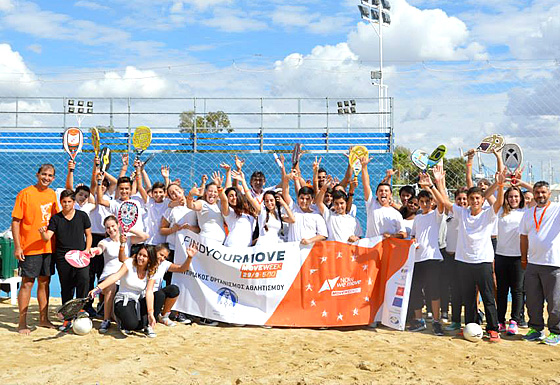
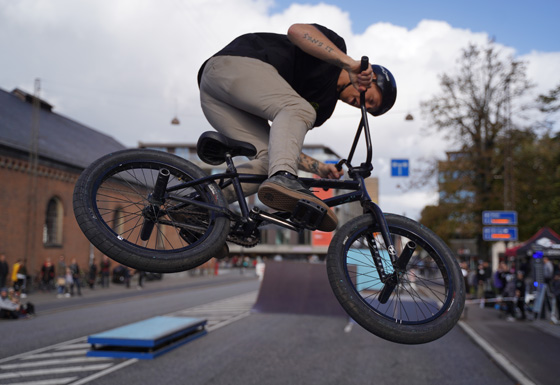
ISCA launched the NowWeMOVE campaign in 2012, with the aim of bringing the sport for all sector and a variety of other sectors together to tackle the physical inactivity epidemic across Europe. ISCA is a global platform open to organisations working within the field of sport for all, recreational sports and physical activity.
We believe
in the power of inspiration.
@jacobsch
Jacob SCHOUENBORG
ISCA Secretary General
You can unsubscribe at any time.